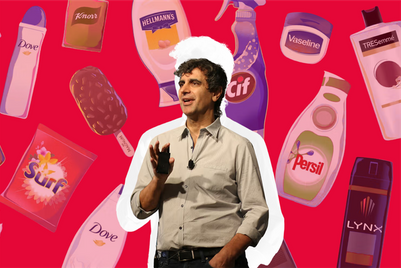
Oscar Zhao, CEO of BlueFocus, referred Campaign Asia-Pacific to the agency's statement issued yesterday to stem the spread of allegations that its Beijing office had been raided for evidence in the reporter bribery case.
Zhao said the company conducted a "self-examination" and found that "no staff or any financial information were taken away by the police." In the statement, the agency stated that it has no association with Zoomlion or Sany Heavy Industry, the rival manufacturer of construction machinery in China.
The statement was also repeated on BlueFocus' Sina Weibo account.
Chen, a reporter at New Express based in Guangzhou, last week made a confession on TV regarding his baseless and fabricated coverage critical of Zoomlion "at the request of others".
Between 8 August and 29 September, Chen wrote more than 10 articles "based on supplied materials" about Zoomlion’s “financial problems”. The newspaper he worked for issued an apology soon after. In a Forbes article, Gao Hui, assistant to Zoomlion’s chairman, questioned “whether Chen worked for New Express, or for Sany Heavy”.
A mainland industry source said that the practice of "managing" reporters through public relations firms "to do business" is not new. "Perhaps BlueFocus is innocent, but if you really want to dig deeper, most of the public relations firms in China—especially local ones, are not 'clean' in terms of black-PR," said the source.
Darren Burns, managing director at Weber Shandwick China, said this is a widespread problem that happens quite a lot "below the surface" and even involved multinational PR firms in the past—but a lot less now. "People need to pay more attention to compliance," Burns said. "It's much more dangerous to do black PR now, because when people find out you have been intentionally poisoning competitors, any positive PR in the past will go down the drain."


.jpg&h=334&w=500&q=100&v=20250320&c=1)

.jpg&h=334&w=500&q=100&v=20250320&c=1)

.jpg&h=334&w=500&q=100&v=20250320&c=1)







.jpg&h=268&w=401&q=100&v=20250320&c=1)



.jpg&h=268&w=401&q=100&v=20250320&c=1)
